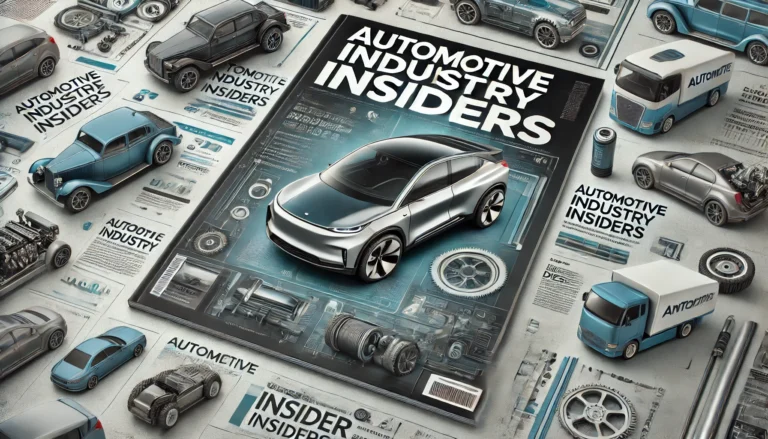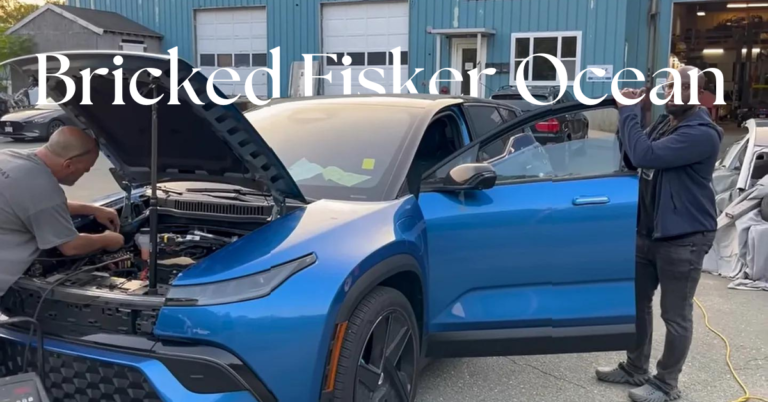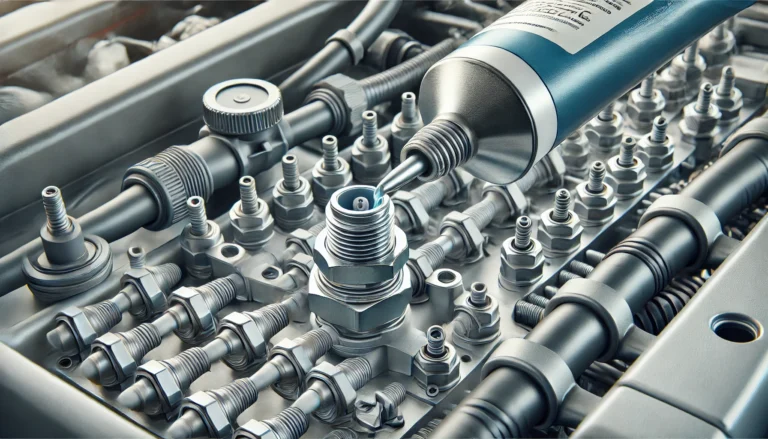Recently, Fisker, an electric vehicle (EV) manufacturer, stirred controversy by informing its customers that they would need to cover labor costs for a Fisker recall repair. This unconventional approach has raised eyebrows in the automotive industry and sparked heated debates among EV enthusiasts. While recalls are generally aimed at fixing defects at no cost to the owner, Fisker’s decision to pass labor costs onto customers has left many questioning the company’s motives and the potential impact on its brand. In this article, we’ll break down what’s happening, why Fisker is taking this route, and what it means for the broader EV market.
Overview of the Fisker Recall
The recall in question involves a critical safety issue within certain Fisker models. Although the company has not disclosed specific details about the malfunction, it affects a segment of their vehicles that, if left unaddressed, could pose safety risks to drivers and passengers. Fisker has acknowledged the problem and is willing to provide the necessary parts for the repair free of charge. However, the twist comes with the labor costs – something that traditionally falls under the manufacturer’s responsibility during a recall.
What is a Vehicle Recall?
A vehicle recall is an action taken by car manufacturers to fix safety-related defects in their vehicles. When a flaw is identified, companies usually initiate a recall to repair or replace faulty components to ensure the vehicle’s safety standards are maintained. Normally, these repairs are conducted at no cost to the vehicle owner, including both parts and labor. Recalls are a common practice in the auto industry, especially with the increasing technological complexity of modern vehicles.
Fisker’s Unconventional Recall Approach
In this case, Fisker has decided to depart from the usual recall process by charging customers for the labor required to fix the defect. The company states that while they will provide the replacement parts free of charge, owners will need to foot the bill for the labor costs, which is an unexpected burden for many customers. This decision has caused widespread frustration, particularly because car owners generally expect manufacturers to cover the full cost of recall repairs.
Customer Reactions to Fisker’s Decision
As you might expect, Fisker owners have not taken this news lightly. Social media platforms and forums are flooded with complaints, as many feel blindsided by the additional cost. One customer shared, “I bought this car with the trust that any defects would be handled by Fisker, not at my expense.” This sentiment echoes across the Fisker community and raises concerns about the potential damage to the company’s reputation, especially among early adopters of their vehicles.
Why Is Fisker Charging for Labor?
Fisker’s decision to charge for labor stems from its status as a smaller, newer player in the EV market. Unlike established automakers, Fisker operates with tighter margins and less cash flow, making recall expenses a significant financial strain. By asking customers to pay for labor, Fisker is attempting to mitigate some of these costs. However, this move is risky as it could alienate the very customer base they rely on to grow their brand in the competitive EV landscape.
The Fine Line Between Warranty and Recall
Typically, there’s a clear distinction between a warranty and a recall. A warranty covers repairs for a limited period, while a recall addresses safety defects regardless of the vehicle’s age or mileage. By charging labor fees for the recall, Fisker appears to blur this line, leading to customer confusion and resentment. This decision sets a potentially troubling precedent for future recalls in the automotive industry.
Comparing Recall Handling: Fisker vs. Traditional Automakers
When looking at other automakers, Fisker’s approach is highly unusual. Companies like Tesla, Ford, and Toyota typically cover both parts and labor costs for recall repairs, understanding the importance of maintaining customer trust and safety. Fisker’s deviation from this norm raises questions about how other EV startups might handle similar situations in the future.
The Impact on Fisker’s Future
Charging customers for recall-related labor could have significant consequences for Fisker. In the short term, it may lead to dissatisfaction and a potential loss of customer loyalty. In the long term, this approach might deter new customers from purchasing Fisker vehicles, fearing future out-of-pocket expenses for defects. For a company trying to cement its place in the EV market, this decision could be a double-edged sword.
Potential Legal Implications
Fisker’s strategy might also come with legal risks. In many regions, consumer protection laws stipulate that manufacturers are responsible for addressing safety recalls at no cost to the customer. By imposing labor fees, Fisker might be opening itself up to potential legal challenges. It remains to be seen whether affected owners will pursue action, but this is certainly a possibility that could further complicate the situation.
Steps for Affected Fisker Owners
If you own a Fisker vehicle affected by this recall, you have a few options. First, contact your local dealership to get a detailed breakdown of the labor costs involved. Some owners may also consider seeking quotes from third-party mechanics. However, if you decide to go this route, ensure that any work is done according to Fisker’s specifications to avoid voiding any warranties.
How This Could Affect the EV Industry
Fisker’s decision could have broader implications for the EV market. Startups are already under intense scrutiny as they try to establish themselves against giants like Tesla. If Fisker’s approach becomes a trend, it might lead to a decline in consumer trust in newer EV brands, potentially slowing adoption rates and affecting the industry’s overall growth.
Fisker’s Possible Solutions
Fisker could consider alternatives to ease the financial burden on its customers. For example, offering partial coverage of labor costs or providing credits for future services could be a way to compromise. Additionally, a more transparent communication strategy would help rebuild customer trust.
Customer Advice for Dealing with Car Recalls
For any vehicle owner facing a recall, it’s crucial to stay informed. Keep records of all communications with the manufacturer and understand your rights. Don’t hesitate to negotiate with dealerships and explore all repair options available to you.
Conclusion
Fisker’s decision to charge owners for labor in recall repairs is a bold and controversial move. It has raised several questions about industry standards and customer rights. While this might be a cost-saving strategy for the company, it risks damaging its relationship with customers and setting a troubling precedent in the EV market. As Fisker navigates this challenging situation, the outcome will likely serve as a valuable lesson for other automakers.
FAQs
What is the issue behind Fisker’s recall?
The specific defect hasn’t been disclosed, but it involves a safety concern in certain Fisker models.
How do vehicle recalls typically work?
In most cases, recalls are intended to fix defects at no cost to the vehicle owner, covering both parts and labor.
Are car manufacturers allowed to charge for recall repairs?
Generally, no. Most regions have consumer protection laws requiring manufacturers to handle recall repairs at no cost.
How can I get my Fisker vehicle repaired if affected by the recall?
Contact your local Fisker dealership for a labor cost estimate or consider using a third-party mechanic while ensuring compliance with Fisker’s guidelines.
Can Fisker owners take legal action over the labor costs?
Potentially, yes. If consumers believe their rights are being violated, they could seek legal recourse depending on local consumer protection laws.








